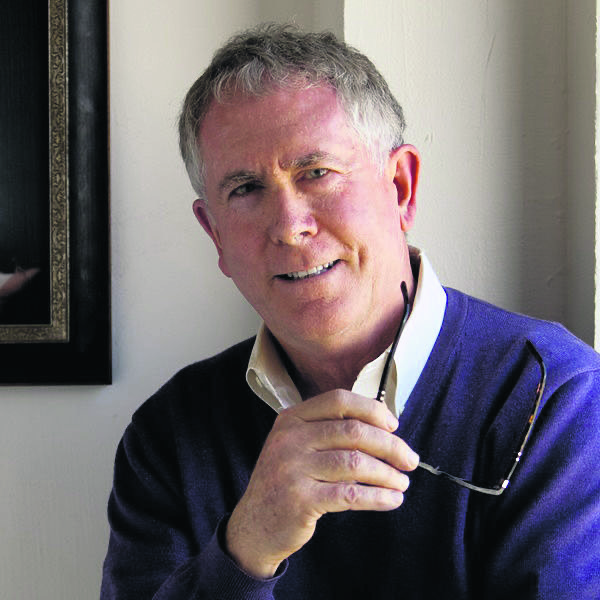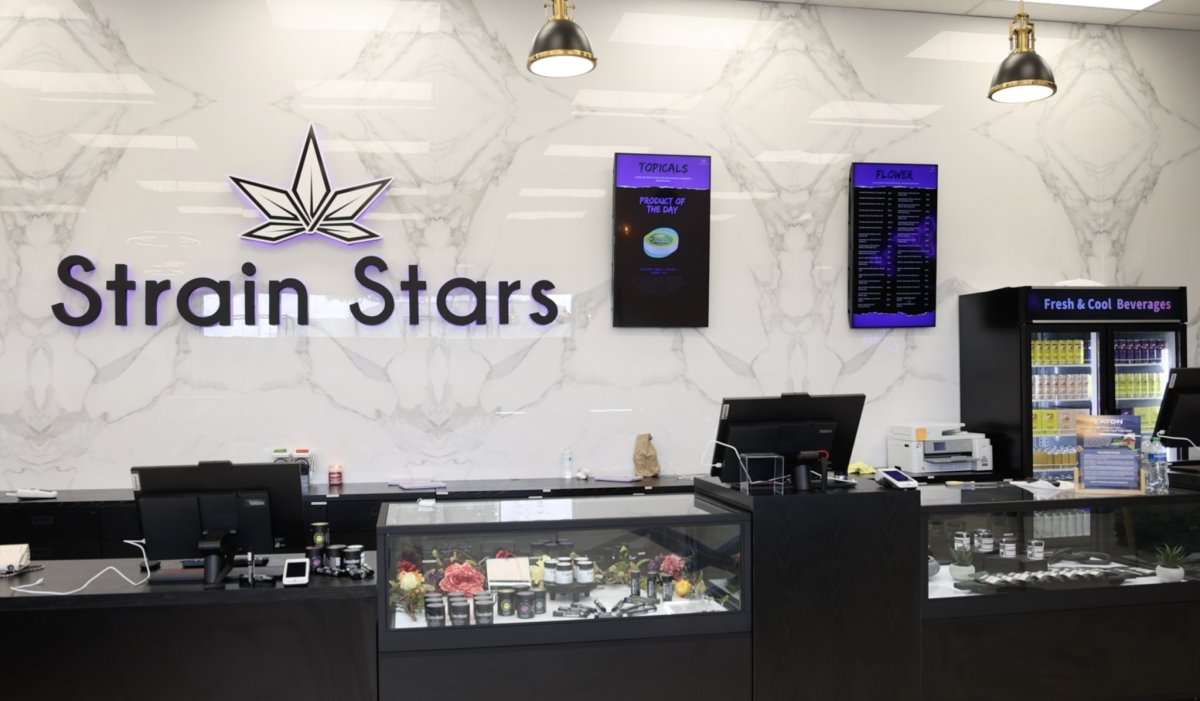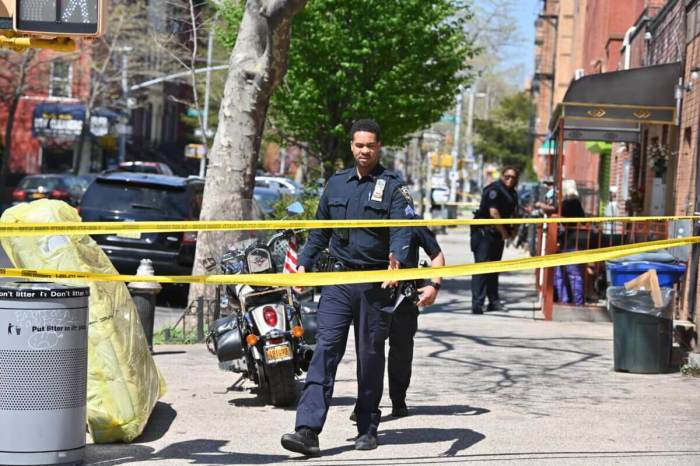 Here’s an odd fantasy. Suppose it was revealed that a certain brand of milk contained chemicals that made you drowsy, unfocussed, and would impair your driving or doing other kinds of detailed work. And it would also give you constant coughs and phlegm. And for some people, after drinking this milk, they’d have a strong desire to drink straight heavy cream. Then you found out that the government didn’t prohibit the sale of this water because it was getting plenty of tax revenue from its sale.
Here’s an odd fantasy. Suppose it was revealed that a certain brand of milk contained chemicals that made you drowsy, unfocussed, and would impair your driving or doing other kinds of detailed work. And it would also give you constant coughs and phlegm. And for some people, after drinking this milk, they’d have a strong desire to drink straight heavy cream. Then you found out that the government didn’t prohibit the sale of this water because it was getting plenty of tax revenue from its sale.
So, can I sell you a case of this stuff? I suspect most people would avoid buying and drinking this milk — and certainly they would keep it away from their children. But it turns out that while no such milk exists, New York State is on track to legalize a substance that (a) makes people drowsy and unfocussed, (b) impairs drivers (c) gives coughs and phlegm, and for some people (d) leads to the use of even more dangerous drugs. The legalization of marijuana for “recreational” purposes will have the same detrimental long-lasting effects that other states are already seeing. But the addiction to tax revenue seems to be winning out in the end, even though the expenses of traffic accidents, industrial accidents, abusive behaviors, and the need for costly rehab is predicted to cost way more than the tax revenue marijuana might bring in to state coffers.
So if this the future of living in New York State, may I suggest a simple way to keep your life from being corroded by the legalization of marijuana? Don’t buy or use the stuff. There will be social pressure to go along with others, but we can be the social pressure that’s ahead of the people who will fall for the seduction of being stoned. Don’t you find it odd that the marketing of the change in legal status for this drug uses the word “recreational”? Swimming is recreational. Soccer is recreational. Going to the beach is recreational. But sitting in front of the TV getting stoned? Let’s not call that recreational.
The governor’s recent State of the State report did offer the beginning of a ray of hope, that oddly countered the more destructive aspects to his vision for the future. He is backing legislation that offers medically assisted treatment for people addicted to opioids — primarily for those incarcerated for using illegal drugs. But this needs to be expanded to save lives. The recovery community has been pushing for this simple, effective, life-saving procedure to be covered by insurance and offered whenever someone is brought in to a hospital or other health care facility because of an overdose.
Let me explain. Most health care facilities accept a person who overdosed, stabilize them, and then send them back home, sometimes with some literature as to where to get help to recover. But that left people to go through withdrawal by themselves, without any medical assistance. Once they were home the horrid effects of opioid withdrawal would kick in: relentless never-ending vomiting, diarrhea, horrible joint pain, inability to sleep — even though the person feels exhausted — chills and sweats at the same time, inability to eat. This goes on for a few days til the withdrawal is over. The temptation to take “just one more” pill is huge and most people, left on their own, do indeed go back to the drug, just to get relief from the withdrawal. And the emergency room sees the same person two or three times more and too frequently for the last time ever, since the last self-medicated attempt to deaden the withdrawal pain results in a fatal overdose.
Medically assisted treatment of opioid addiction helps a person through the withdrawal period in a more gentle way. The after effects are less severe and along with a peer counselor or other psychological assistance, hospitals around the country are reporting great success rates of bringing addicted people back to normal living again.
The proposal to use medically assisted treatment is indeed a step forward in helping people live lives without being corroded by drug use, yet oddly juxtaposed with offering the “tainted milk” of legalized marijuana as a acceptable substance for people to use. Would you join me in making a personal resolution to not try or use pot?______________________________________________
WEB EXTRA
The Nassau County Legislature will hold a hearing of the Health Committee
regarding the potential legalization of marijuana by New York State and its effects on Nassau County on Wednesday, February 6, 2019 at 7:00 p.m. in the Peter J. Schmitt Memorial Legislative Chamber, Theodore Roosevelt Executive and Legislative Building
1550 Franklin Avenue, Mineola, new york 11501
The chamber has a maximum occupancy of 251 people and the outer chamber which will stream the meeting live, has a maximum occupancy of 72. Passes will be distributed on a first come first served basis beginning one half hour prior to meeting and attendees will be given an opportunity to sign in to address the legislature for a maximum of three minutes. Every legislative meeting is streamed live on http://www.nassaucountyny.gov/agencies/legis/index.html
I encourage those who are concerned about the effects of the legalization of marijuana for “recreational” use to make their opinions known to the legislature’s health committee.




























